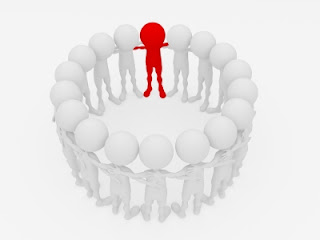Leadership is all about motivating your team members, in simple words, the aim is to make slow ones do better and good ones even better. A true leader has to be sincere, trustworthy, fair-minded, assertive, inspiring and innovative.
A leader is considered to be a paradigm for others and so the person has to be flawless in every attribute. Being perfect also includes the quality of accepting and improving one's errors. We all are aware that learning is an incessant cord and is an imperative facet of leadership traits. As the world is witnessing technological advancement and supplementary changes, each person should be dedicated to learn and impart their awareness to others, which sequentially promotes the organisation.
Also, individuals should posses the ability to acclimatize to situations and should have explicit goals which ensure proper arrangement and execution of work plan. with apparent attitude the leader will lead his team members and co-workers in a more ingenious manner.
Another essential aspect is to stimulate and appreciate others so that they feel energized and their contentment level leads an impression on their work with further improvement. seeing one's ability and utilizing it in best possible way is the major task of a leader. Also, the interaction level among the team members and hierarchy should be apparent as it guarantees healthy work standards.
A leader is considered to be a paradigm for others and so the person has to be flawless in every attribute. Being perfect also includes the quality of accepting and improving one's errors. We all are aware that learning is an incessant cord and is an imperative facet of leadership traits. As the world is witnessing technological advancement and supplementary changes, each person should be dedicated to learn and impart their awareness to others, which sequentially promotes the organisation.
Also, individuals should posses the ability to acclimatize to situations and should have explicit goals which ensure proper arrangement and execution of work plan. with apparent attitude the leader will lead his team members and co-workers in a more ingenious manner.
Another essential aspect is to stimulate and appreciate others so that they feel energized and their contentment level leads an impression on their work with further improvement. seeing one's ability and utilizing it in best possible way is the major task of a leader. Also, the interaction level among the team members and hierarchy should be apparent as it guarantees healthy work standards.




















.jpg)








